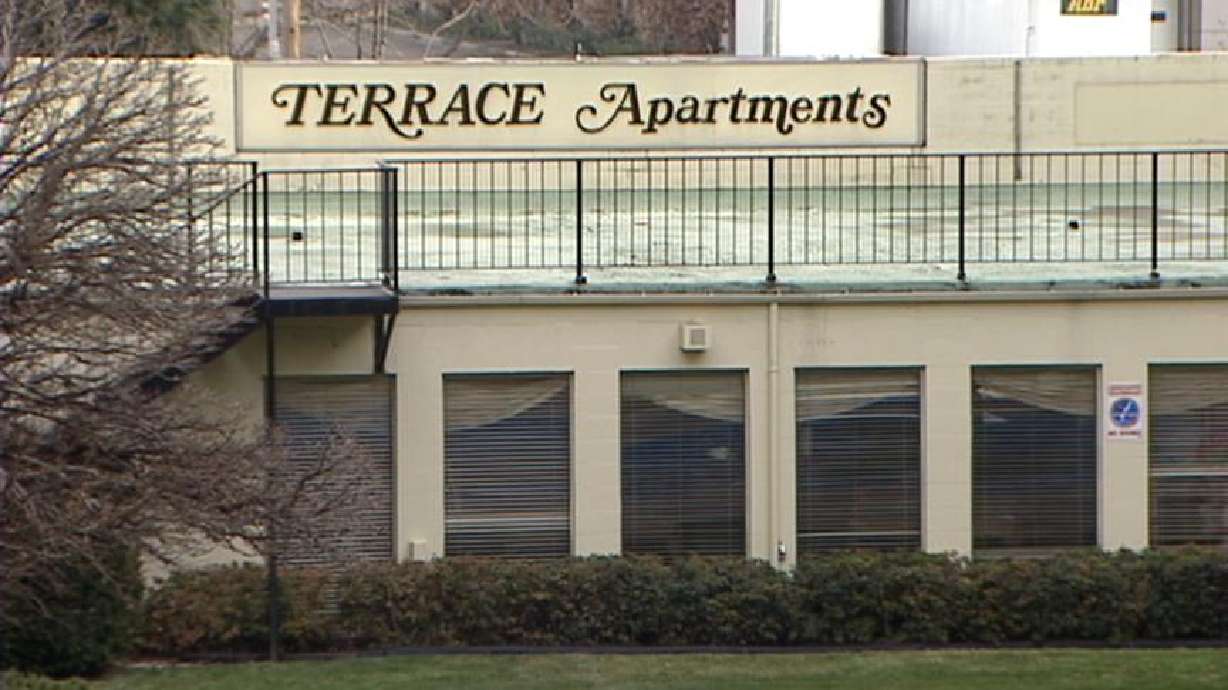Estimated read time: 2-3 minutes
This archived news story is available only for your personal, non-commercial use. Information in the story may be outdated or superseded by additional information. Reading or replaying the story in its archived form does not constitute a republication of the story.
Jed Boal ReportingChronic homelessness is a tough problem to tackle in our communities, but a pilot program in Salt Lake City provides a promising pathway. It's called the Pathways Program, made possible by nine partners.
The idea is pretty simple: house the homeless who use the most services and transform the make-up of the population.
Stanley Neel understands the struggle to survive. He spent 28 years living on the streets before he got his own apartment through the Pathways Program more than a year ago.
Stanley Neel, Pathways Participant: "I feel more human than I ever have. I've always known there's more to this and not to give up, and I've been lucky to have really good people on my side."
People from the Road Home, Volunteers of America, Valley Mental Health and the state.
Neel has a new sense of self-respect and privacy. He battled mental health issues and drug and alcohol abuse. He still strives to stay sober. Neel is grateful and aspires to keep growing.
Stanley Neel: "I'm doing ten times better than I ever have."
The pilot program started in August '05
Leif Oldert, The Road Home Case Worker: "It's a complete shift of mentality, but it's working well. We have all 17 that started the program, and we're adding to it now."
During the past five years in Salt Lake, 12-percent of the homeless used 60-percent of the available resources.
In the five years prior to the Pathways Project, the participants racked up a combined total of more that 11-thousand nights in The Road Home Shelter, that's more than 31 years.

Put those people, like Neel, in their own apartments and that frees up resources for people who need them for emergencies, not every day.
Matt Minkevitch, Executive Director, The Road Home: "a housing alternative with supportive services for that segment of the population, we believe we can have a tremendous benefit to the community, and a cost-effective alternative to shelters."
Leif Oldert: "to be inside and look outside and remember where I was. It's amazing."
The program is funded by the state of Utah. The research and program review are ongoing. If success continues, it will likely expand.








